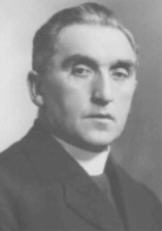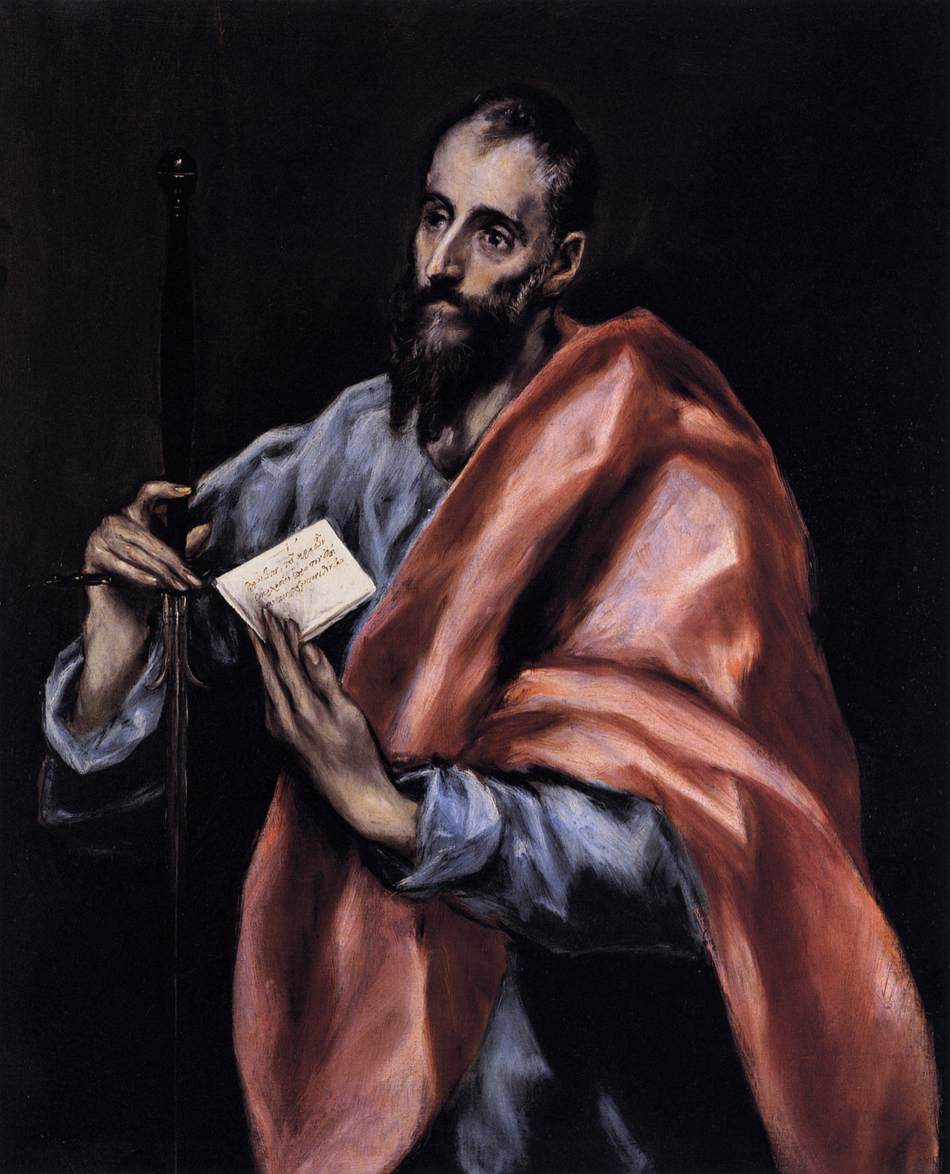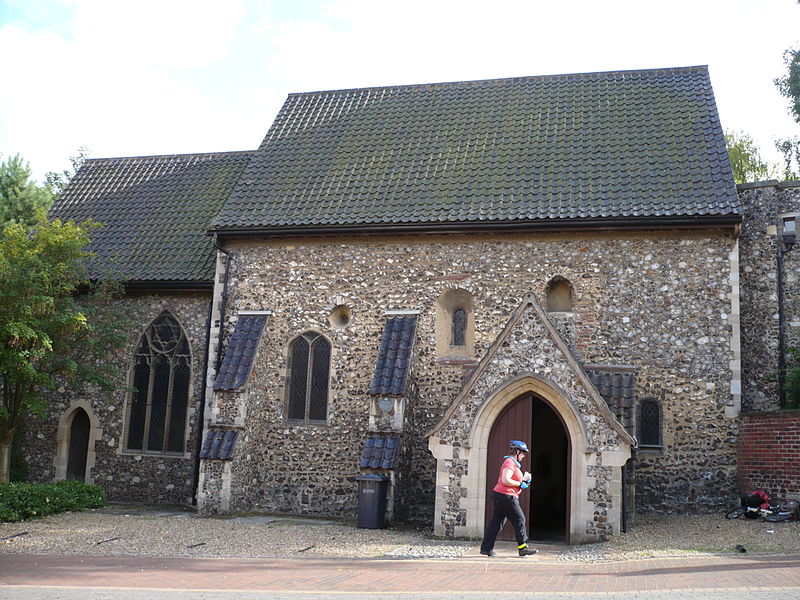
Not easily shall one reach this height; it is no child’s play, nor the work of a day to turn with a decisive gesture from the allurements of life. It costs blood to stand the strain and overcome the repugnance of nature. When we bend our minds to this prayer and say it earnestly, we seem to hate ourselves and in the eyes of worldly men to act foolishly and give an opening for the charge of folly. ‘Unto the Gentiles folly’, utter folly to neglect the passing joy, to allow the flower of the time to pass by us. Yet looking on Christ we shall willingly accept such opprobrium. So sure are we of the goodness of the heart of God that we can wish for nothing better nor plan for anything more secure than what his Divine Heart wills, for never is a man so utterly right, so sure of blessings, as when he says this prayer – ‘Our father . . .thy will be done . . .’ -Pathways to God, Fr John Henaghan, MSSC |











 Where does true education in peace and justice take place? First of all, in the family, since parents are the first educators. The family is the primary cell of society; “it is in the family that children learn the human and Christian values which enable them to have a constructive and peaceful coexistence. It is in the family that they learn solidarity between the generations, respect for rules, forgiveness and how to welcome others.” (1) The family is the first school in which we are trained in justice and peace. Pope Benedict XVI,
Where does true education in peace and justice take place? First of all, in the family, since parents are the first educators. The family is the primary cell of society; “it is in the family that children learn the human and Christian values which enable them to have a constructive and peaceful coexistence. It is in the family that they learn solidarity between the generations, respect for rules, forgiveness and how to welcome others.” (1) The family is the first school in which we are trained in justice and peace. Pope Benedict XVI,